Top 10 Factors Affecting Flatbed Towing Cost
Discover the top 10 factors impacting flatbed towing cost and save on your next tow. Find out how to get the best deal today.

Understanding the flatbed towing cost is crucial when you're in a bind and need to haul your vehicle. Whether you've faced a breakdown or an accident, knowing what affects the price can help you make informed decisions. This article will break down the top 10 factors impacting the cost of flatbed towing, offering insights to navigate through the options and potentially save money on your next tow. Get ready to learn how these variables influence the final price and how you can get the best deal possible.
Top 10 Factors Affecting Flatbed Towing Cost
When it comes to flatbed towing, costs can vary widely due to several key factors. From the distance your vehicle needs to be towed to the time of day you require service, each aspect plays a vital role in determining the overall price. By understanding these elements, you can approach towing services with the knowledge needed to negotiate better rates or choose options that align with your budget. Let's delve into these factors to see how each one affects your towing bill.
List of Top Choices
- Base Fee: The initial charge for the towing service.
- Mileage Rate: Cost per mile towed.
- Vehicle Size: Price varies based on vehicle weight and dimensions.
- Distance Towed: Longer distances typically mean higher costs.
- Time of Day: Night or weekend services often incur additional fees.
- Location: Urban areas tend to have higher towing rates.
- Fuel Surcharge: An extra charge based on fuel prices.
- Additional Services: Costs for extra services like tire changes or jump starts.
- Towing Company: Different companies have varying price structures.
- Vehicle Condition: Damaged vehicles might require specialized equipment, affecting cost.
Base Fee: The initial charge for the towing service.

- Foundation of the total towing cost.
- Varies significantly among towing companies.
- Can be influenced by company reputation and service quality.
The base fee serves as the starting point for your flatbed towing cost. It's what towing companies charge just to deploy a tow truck and driver to your location. This fee can differ greatly based on the service provider's standing in the market and the quality of service they promise. High-end providers with stellar reputations might charge more upfront, reflecting their reliability and customer service levels. Understanding this component can help you effectively budget for emergency situations where towing may be needed.
Mileage Rate: Cost per mile towed.
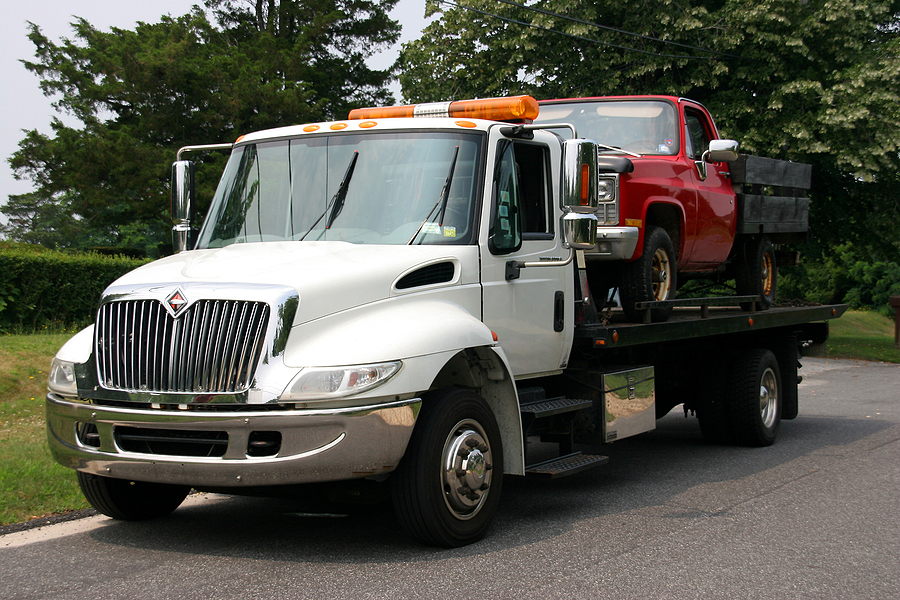
- Calculated as a rate per mile beyond the base fee.
- Crucial for long-distance tows.
- Can vary based on fuel prices and towing vehicle type.
The mileage rate is added to the base fee to cover the distance your vehicle is towed. It becomes especially significant when your vehicle needs to be towed over long distances. The rate per mile can fluctuate due to factors like current fuel prices and the type of tow truck used. Bigger vehicles that consume more fuel naturally have higher per-mile rates. When you know you're facing a tow over a longer distance, comparing mileage rates between companies can lead to significant savings.
Vehicle Size: Price varies based on vehicle weight and dimensions.

- Heavier and larger vehicles cost more to tow.
- Special equipment may be needed for oversized vehicles.
- Rate adjustments are often based on standardized vehicle categories.
It's no surprise that the size of your vehicle will influence the towing cost. Bigger, heavier vehicles require more resources to safely transport, including potentially specialized towing equipment. Towing companies typically categorize vehicles based on weight and size, adjusting their rates accordingly. Knowing which category your vehicle falls into can give you an idea of what to expect in terms of towing costs and help you judge quotes more effectively.
Distance Towed: Longer distances typically mean higher costs.
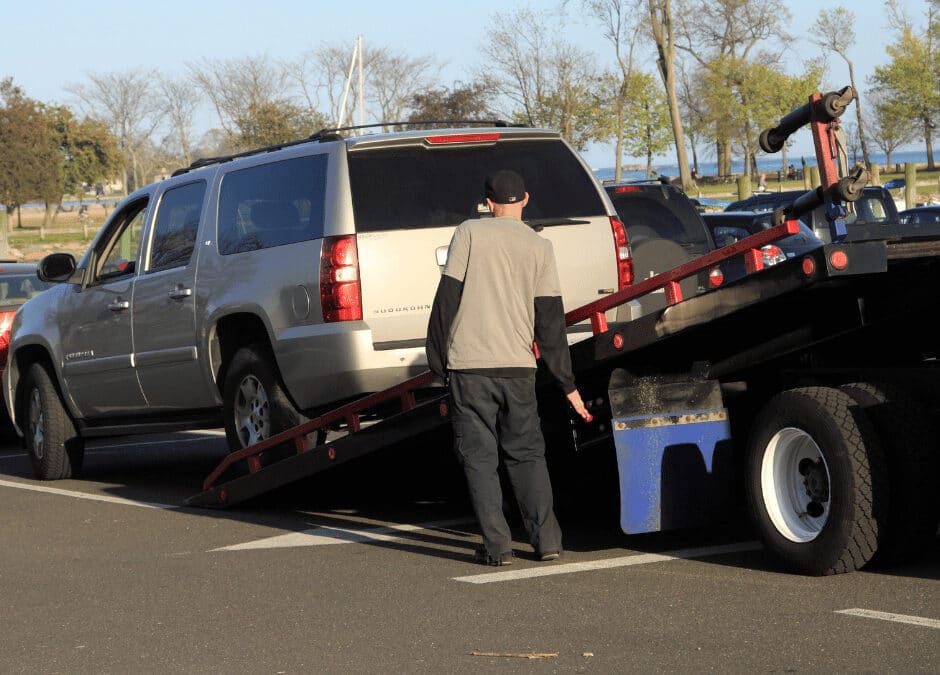
- Direct correlation between distance and total cost.
- Choosing a closer service location can reduce costs.
- Urban vs. rural towing rates may differ for long distances.
Distance plays a direct role in the overall flatbed towing cost. The further your vehicle needs to go, the higher the fee. This is primarily due to the increased time and fuel consumption associated with longer trips. Opting for a service station or repair shop closer to your breakdown location can help minimize these costs. Additionally, towing rates can vary depending on whether the tow is in a densely populated urban area or a more spread-out rural setting, due to differences in traffic and road conditions.
Time of Day: Night or weekend services often incur additional fees.
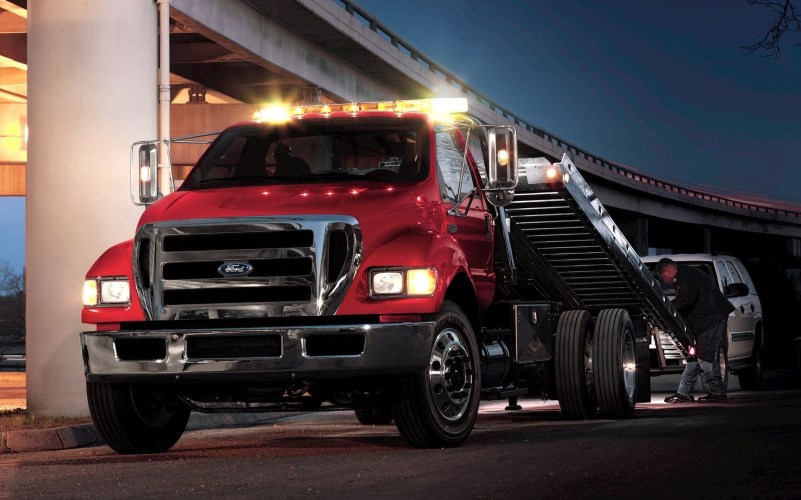
- Premium rates for after-hours services.
- Weekend and holiday tows can also be more expensive.
- Planning ahead can sometimes help avoid these extra charges.
The time of day you require towing services can significantly affect the cost. Many companies implement premium rates for tows outside of standard business hours, including nights, weekends, and holidays. This is because of the additional labor costs and the inconvenience of operating at these times. If your situation isn't urgent, arranging for a tow during regular business hours can help you save money. However, in emergency scenarios where immediate towing is necessary, be prepared for these extra fees.
Location: Urban areas tend to have higher towing rates.

- Urban areas may experience higher demand and operational costs.
- Rural tows might include additional charges based on accessibility and distance.
- Differences in local regulations can also affect pricing.
The location where you require towing services can play a significant role in determining the cost. Typically, urban areas, with their higher cost of living and operational expenses, see higher towing rates. Conversely, while the base rates might be lower in rural areas, the overall cost can increase due to longer travel distances and the potential need for special equipment to navigate rough terrain. Local regulations and permits required to operate in certain areas might also contribute to cost variations, making it beneficial to understand the nuances of your specific location.
Fuel Surcharge: An extra charge based on fuel prices.

- Adjusts with fluctuating fuel costs.
- Can vary weekly or monthly.
- Directly impacts towing companies' operating expenses.
Fuel surcharges are an additional fee towing companies might apply to offset the cost of diesel or gasoline, which fluctuates based on market prices. This surcharge can change frequently, sometimes weekly or monthly, reflecting current fuel costs. It’s a direct pass-through cost that companies use to manage their variable operating expenses. Given its variable nature, asking about this fee when you obtain a quote can provide a more accurate estimate of the total cost of towing your vehicle.
Additional Services: Costs for extra services like tire changes or jump starts.
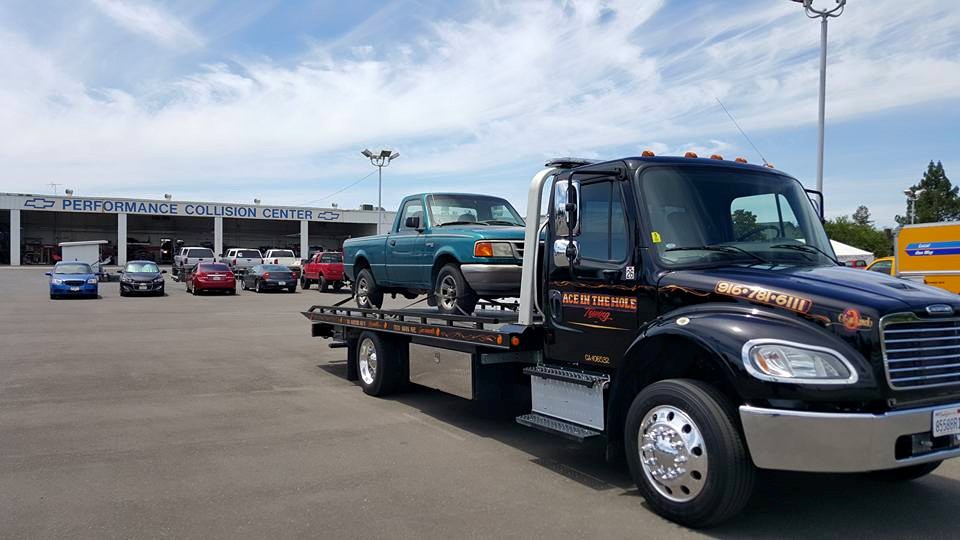
- Not all tows are straightforward; some require additional roadside assistance.
- Services like winching, tire changing, or jump-starting are often billed separately.
- Knowing the cost of these services upfront can prevent surprises.
Sometimes, a tow involves more than just transporting your vehicle from point A to point B. Additional roadside assistance services, such as winching your car out of a ditch, changing a tire, or providing a jump-start, can incur extra charges. These services are typically billed on top of the base towing cost, and rates can vary significantly between providers. Familiarizing yourself with these potential extra costs beforehand can help you better budget for the total expense of getting your vehicle towed and serviced.
Towing Company: Different companies have varying price structures.

- Market competition affects pricing strategies.
- Reputation and service quality can influence cost.
- Researching and comparing rates is crucial.
Just as in any other industry, the towing company you choose will have its own pricing structure, directly influenced by market competition, reputation, and service quality levels. High-demand companies known for their reliability and professional service might charge more than smaller, less-known providers. It's essential to research and compare rates from various companies, taking into account reviews and recommendations from trusted sources. While cost is a critical factor, ensuring your vehicle is in safe and capable hands should also be a priority.
Vehicle Condition: Damaged vehicles might require specialized equipment, affecting cost.
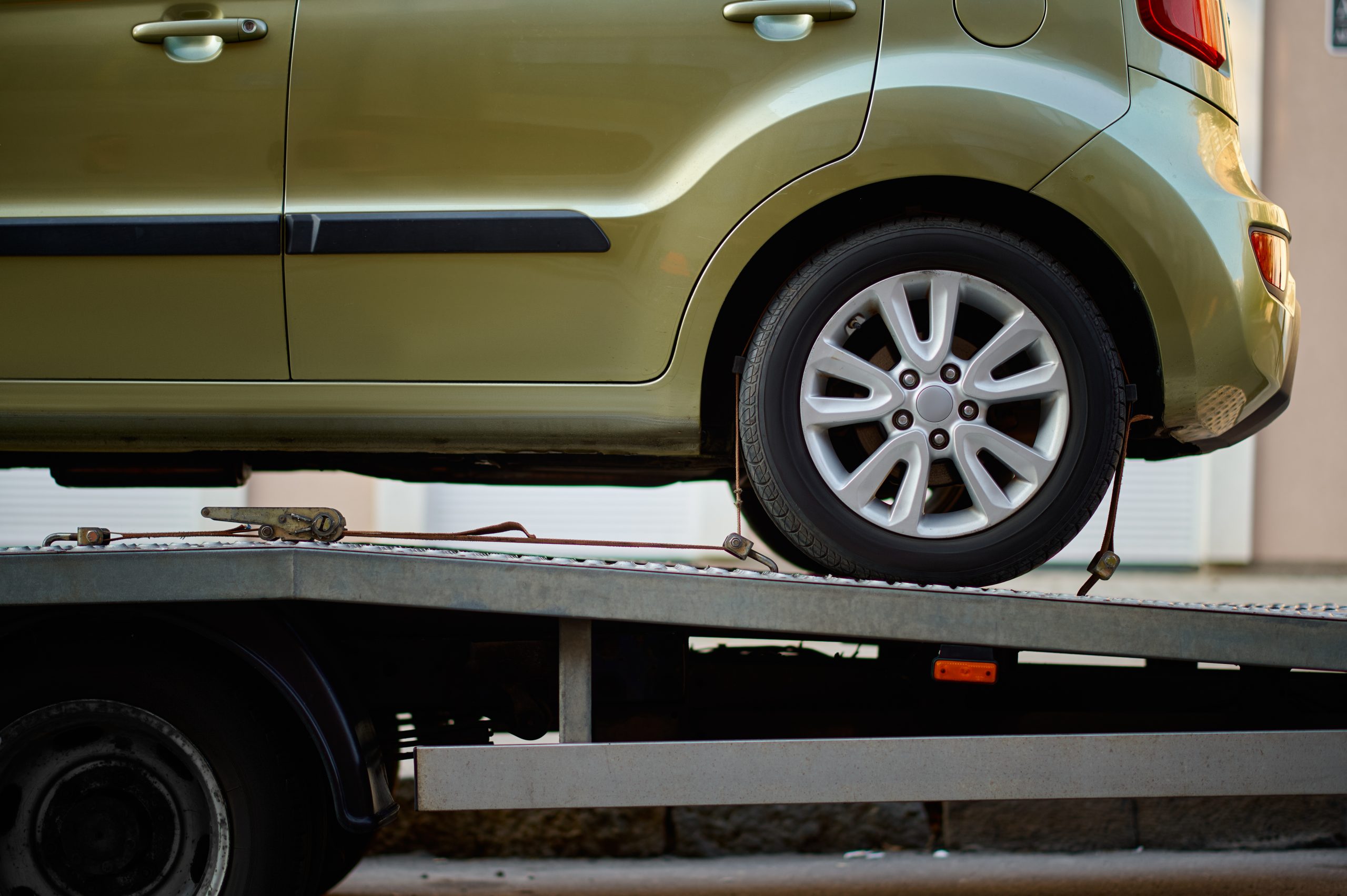
- More complex issues necessitate special equipment and techniques.
- Damaged vehicles might be more challenging and time-consuming to tow.
- Assessing the situation upfront can aid in obtaining a more accurate quote.
The condition of your vehicle at the time of towing can significantly impact the cost. Vehicles that have suffered extensive damage or are in precarious positions may require specialized equipment or extra manpower to secure and transport, which in turn, leads to higher charges. Providing towing services with as much information as possible about your vehicle's condition and the circumstances surrounding your need for a tow can help ensure you receive an accurate and fair quote.
To wrap up, numerous factors play into determining how much you'll end up paying for flatbed towing services. From the obvious ones like distance and vehicle size to less apparent factors such as the time of day and additional services needed, being aware of these aspects can equip you with the knowledge to make informed decisions regarding your towing needs. Remember, while it's important to seek out the best price, ensuring the safety and security of your vehicle should always take precedence. By doing your homework and asking the right questions, you can find a towing service that offers both value and peace of mind.
What's Your Reaction?






























































